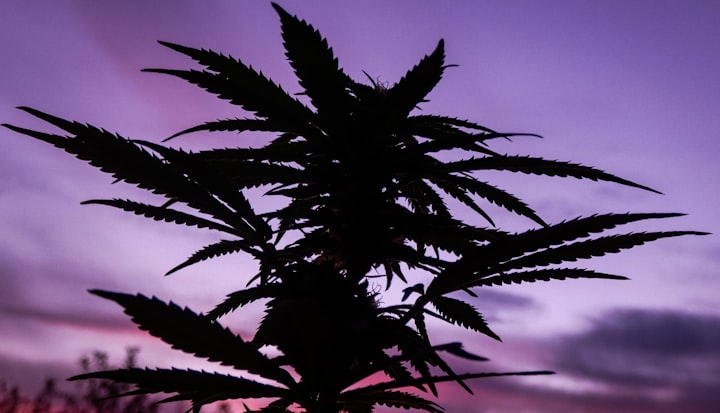Legalise Marijuana In India
Legalise It

Cannabis, also known as marijuana, is a plant that has been used for medicinal and recreational purposes for centuries. However, in India, the possession, sale, and consumption of cannabis is illegal under the Narcotic Drugs and Psychotropic Substances (NDPS) Act of 1985. Despite this, the plant remains a popular and widely used substance in the country.
There are several reasons why the legalization of cannabis in India could have significant benefits. Firstly, it could generate significant revenue for the government through taxes and regulation of the cannabis industry. Secondly, it would reduce the burden on the criminal justice system, as resources currently spent on enforcing cannabis prohibition could be redirected towards more serious crimes.
In addition, there are several medical benefits to cannabis use. The plant has been shown to have pain-relieving properties and can be used to treat a variety of conditions including cancer, multiple sclerosis, and epilepsy. Furthermore, the legalization of cannabis could lead to the development of new and more effective medicinal products, as research on the plant would be more accessible.
Despite the potential benefits, there are also several legal loopholes in the current laws related to cannabis in India. For example, the NDPS Act does not differentiate between different forms of cannabis, such as marijuana and hemp. This means that individuals who are in possession of hemp, which has lower levels of the psychoactive compound THC, can still be charged under the same law as those in possession of marijuana.
Another loophole is the fact that the NDPS Act does not differentiate between personal possession and possession with intent to sell. This means that an individual in possession of a small amount of cannabis for personal use could be charged with the same crime as a drug dealer.
Additionally, the NDPS Act does not take into account the cultural and traditional use of cannabis in India. The plant has a long history of use in Ayurvedic medicine, and its use is also an important part of certain religious practices.
In conclusion, there are several potential benefits to the legalization of cannabis in India, including revenue generation, reduced burden on the criminal justice system, and access to medical benefits. However, there are also several legal loopholes in the current laws related to cannabis that need to be addressed. The cultural and traditional use of cannabis in India should also be taken into account when considering any potential changes to the laws.
There are several loopholes in the current Indian laws related to cannabis that can be used to help individuals who use the plant for personal use.
Firstly, as mentioned earlier, the Narcotic Drugs and Psychotropic Substances (NDPS) Act of 1985 does not differentiate between different forms of cannabis, such as marijuana and hemp. This means that individuals who are in possession of hemp, which has lower levels of the psychoactive compound THC, may be able to argue that they should not be charged under the same law as those in possession of marijuana.
Secondly, the NDPS Act does not differentiate between personal possession and possession with intent to sell. This means that individuals in possession of small amounts of cannabis for personal use may be able to argue that they should not be charged with the same crime as drug dealers.
Thirdly, The NDPS Act does not take into account the traditional and cultural use of cannabis in India. Some individuals may be able to argue that their possession and use of cannabis is part of their religious or traditional practices, and therefore should not be subject to criminal prosecution.
It is important to note that these legal loopholes are not guarantees of immunity from prosecution and it's best to consult a lawyer for proper legal advice, as the laws and their interpretation can vary by jurisdiction.
NAVNEET GUPTA
PEACE OUT





Comments
There are no comments for this story
Be the first to respond and start the conversation.